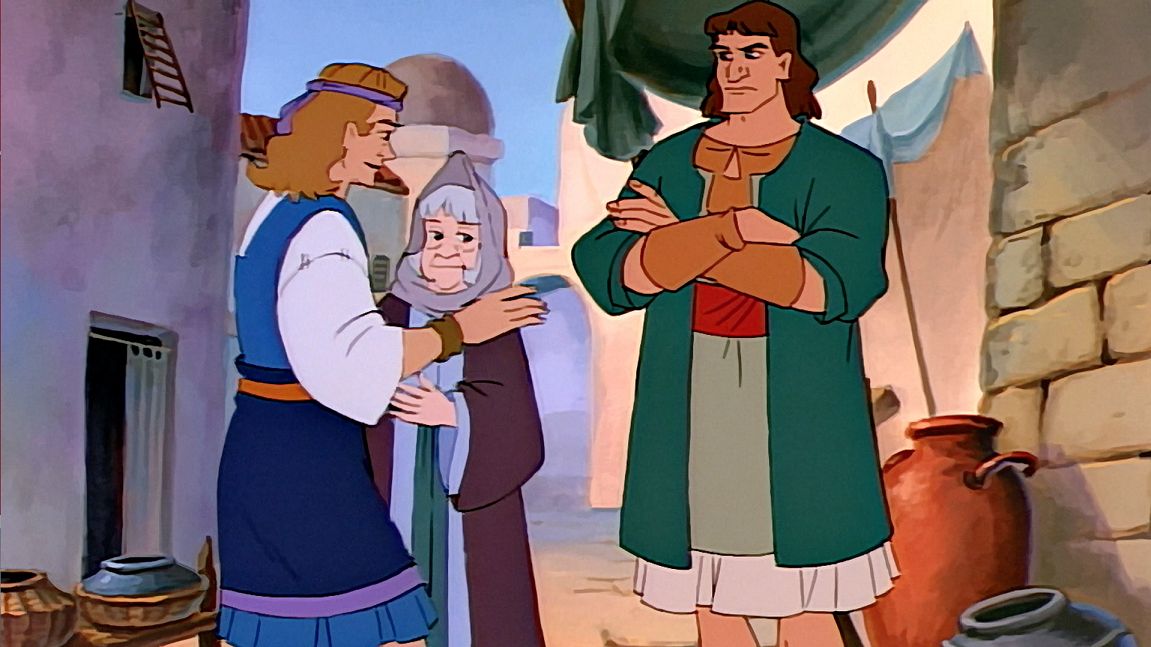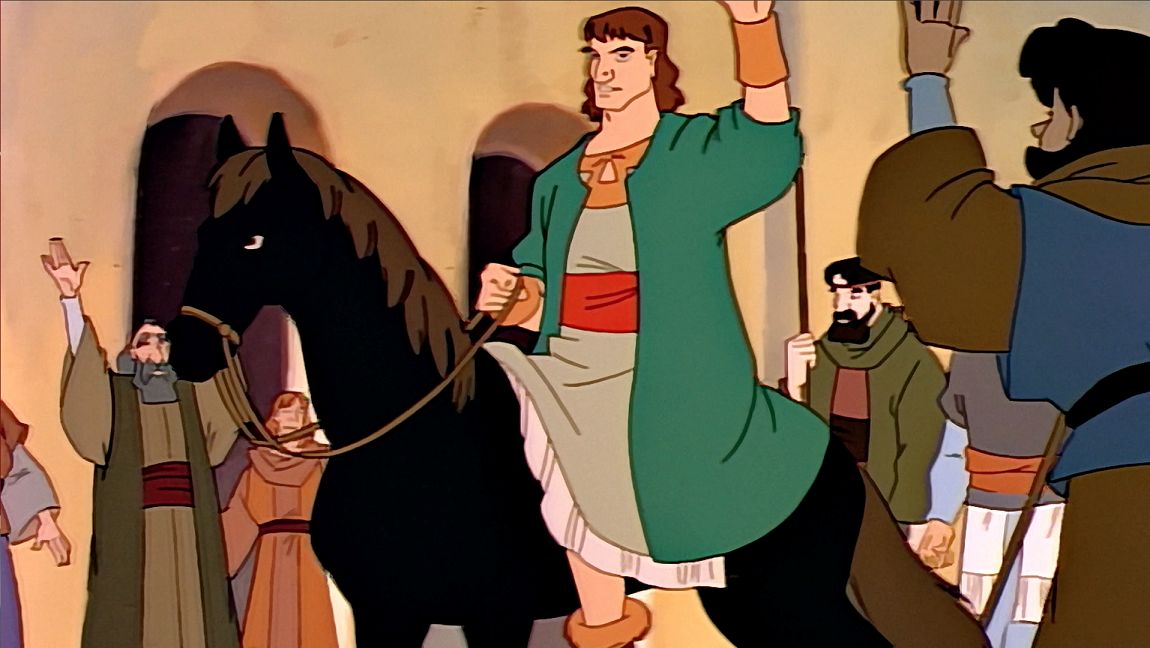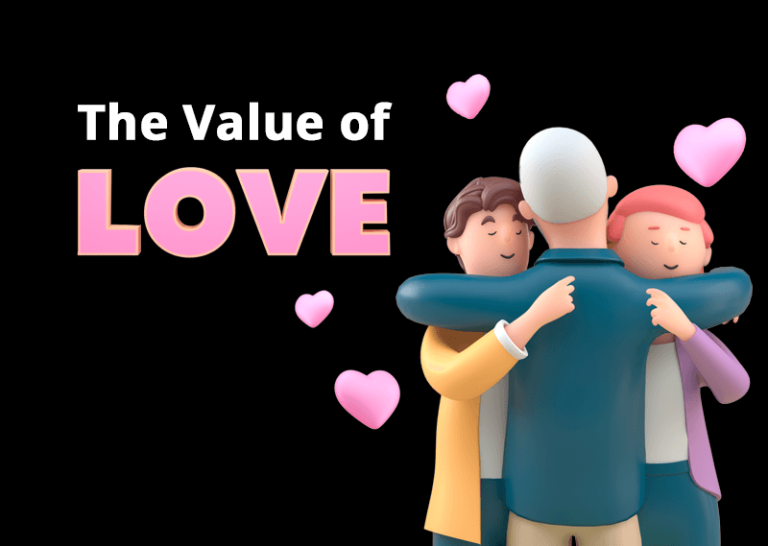Christians everywhere are preparing for Christmas, the celebration of Jesus’ birth. But Jews, too, are readying themselves for a special celebration. Hanukkah will begin this year on December 12th. Whether you’re familiar with the history or symbolism of Hanukkah, its lessons have a lot to offer.
We live in a time when religious freedom is contested and Christian beliefs are seen as old-fashioned, bigoted, and restrictive. The many misunderstandings about Christ’s doctrine and commandments lead people to argue with or even hate those who live their Christian faiths. Maybe you’ve experienced this. Some Christians even wonder whether their beliefs are worth fighting for.
The Jews just before the  time of the first Hanukkah probably felt the same way. In the second century BC, Judea was ruled by Syria. King Antiochus III decreed that the Jews had to worship as the Greeks. A huge massacre of Jews, along with the desecration of the temple at Jerusalem, followed. Living the Jewish religion literally cost many people their lives.
time of the first Hanukkah probably felt the same way. In the second century BC, Judea was ruled by Syria. King Antiochus III decreed that the Jews had to worship as the Greeks. A huge massacre of Jews, along with the desecration of the temple at Jerusalem, followed. Living the Jewish religion literally cost many people their lives.
Some Jewish men and women chose to give up their religion and pledge their loyalty to their new government and Greek culture. It was certainly the safest thing to do–from one point of view. Other survivors of the massacre retreated to the mountains, but not simply to hide. Instead, a man named Judah Maccabee, nicknamed “The Hammer”, prepared a group of freedom fighters. They believed that the God who had delivered the Hebrews from Egypt and Daniel from the lion’s den would also deliver them.
These loyal Jews–called the Maccabees after Judah–used guerilla warfare and their strategic placement in the mountains to fight back against the Syrians. Their tactics were so successful–and their God so faithful in offering help–that the Maccabees overcame the Syrians. In 164 BC, the fighting had ceased for a time, and the Jews were able to cleanse and rededicate their temple.
 Like the Maccabees, we can remember that while the world’s opinions may be straying further and further away from the truth, God is unchanging. Just as he has blessed the faithful who have come before us, He will bless us when we remain faithful. He never promised it would be easy, but He promised to help us.
Like the Maccabees, we can remember that while the world’s opinions may be straying further and further away from the truth, God is unchanging. Just as he has blessed the faithful who have come before us, He will bless us when we remain faithful. He never promised it would be easy, but He promised to help us.
Even so, we cannot simply sit back and wait for God to step in. We must do our part. We must follow the Maccabees’ example and stay on the high ground. This doesn’t mean assuming an attitude of superiority–it means that we cannot descend to the level of those who persecute us. When they lash out, we must be kind. When they accuse us, we must be willing to apologize for any wrongdoing or misunderstandings. When they misrepresent our views, we must explain our position in a firm but friendly manner. In short, we must do everything that will allow the Spirit to remain with us.
One more piece of Hanukkah history may also be instructive. When the temple was rededicated, only a small flask of untainted oil was found with which to light the lamps in the temple. It was only enough oil to last for a single night. But a miracle occurred; the lamps stayed lit for eight nights! That was long enough for the Jews to obtain more oil. Jews still commemorate this miracle by lighting eight candles over the eight days of Hanukkah, which is also known as the Festival of Lights.
Just as the oil in the temple was enough, our efforts and resources will always be enough as long as we are on God’s side. Why? Because God can make anything enough. One of the great miracles of the Gospel is that God can magnify imperfect people like us enough to do His work. All we have to do is let Him.
So the next time you see a menorah–a candelabra with the candles of Hanukkah–think of more than the beauty of the lights. Remember the brightness of one righteous example. Remember that the truth is worth fighting for. And most of all, remember that God is the light that can help us through any challenge.
| What the Maccabees Did | What We Can Do |
| Refused to worship Greek gods despite danger | Never abandon our faith for popularity |
| Gathered together to prepare for battle | Support and work with other religious people |
| Fought Syrians from the high ground | Stay on spiritual high ground, be an example |
| Had faith that God supported their cause | Trust that God is in our side when we obey Him |
| Cleansed and rededicated the temple | Purify our lives and repent of our mistakes |
| Saw and commemorated miracle of lights | Watch for and testify of God’s hand in our lives |



